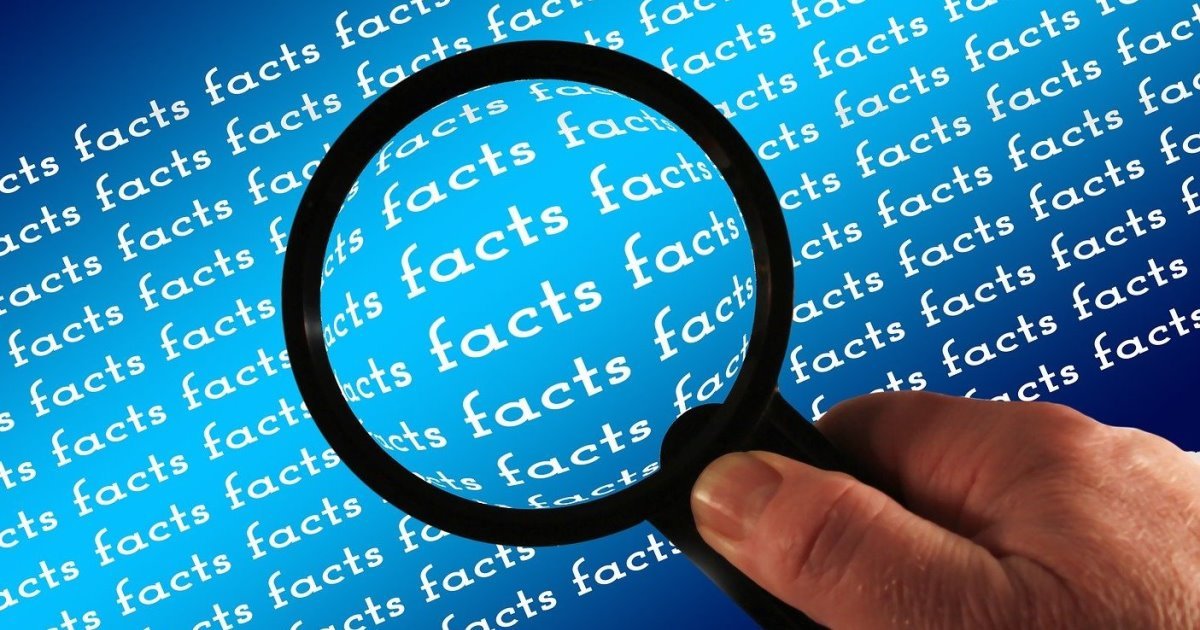Reinier advises national and international companies
reinier.russell@russell.nl +31 20 301 55 55Within a company, disputes regularly arise between shareholders and/or directors. This can create situations that endanger the company. To resolve such problems, inquiry proceedings were created in the Netherlands. What do these proceedings entail?

Inquiry proceedings are special proceedings that focus on disputes within companies. Examples include a conflict between shareholders or between shareholders and directors. These proceedings can only be commenced before the Enterprise Chamber at the Amsterdam Court of Appeal (Ondernemingskamer). These cases involve an investigation (the inquiry) into the affairs and policy within a company. The aim of inquiry proceedings is a sustainable restoration of relations and relationships within a company.
The Enterprise Chamber and inquiry proceedings are generally associated with complex investigations into large listed companies. However, even for smaller companies, inquiry proceedings can be an effective way to resolve conflicts in cooperation between parties. This is because the Enterprise Chamber has and uses many powers in theses proceedings. For example, the Enterprise Chamber can choose to appoint and dismiss directors or annul decisions taken by the company. Moreover, these decisions can be taken quickly by the Enterprise Chamber. This makes inquiry proceedings not only effective, but also very efficient.
Inquiry proceedings consists of two stages. During the first stage, a request is submitted to the Enterprise Chamber to investigate the policy and affairs of the company. The law determines who can file such a request. You can read more about this in another blog.
Before a request for investigation can be submitted, a number of conditions must be met. For instance, the applicant must first have made the objections known in writing to the management and, if present, to the supervisory body (Supervisory Board, Advisory Board, etc.). Afterwards, the applicant must allow a reasonable period of time, thus giving them the opportunity to respond to objections and possibly take action. Only if this does not remove the objections can the applicant turn to the Enterprise Chamber. If the applicant does not take these steps first, their request will be declared inadmissible.
After filing the request, the Enterprise Chamber gives the interested parties in the proceedings an opportunity to defend themselves against the inquiry request. An oral hearing is often held in which the parties can explain their position to the court.
If the Enterprise Chamber is of the opinion that there are “well-founded reasons to doubt a correct policy”, it orders an investigation. An investigator will then be appointed who is entitled to inspect all the company’s records. After the investigation, the investigator issues a report. This completes the first stage.
During this first stage, the Enterprise Chamber can already make immediate provisions in urgent cases, for the duration of the proceedings. For example, it can suspend or dismiss directors, or temporarily deprive shareholders of their voting rights and even appoint a replacement director and/or share manager. It is even possible for the Enterprise Chamber to decide to postpone conducting the investigation and wait to see whether the provisional measures are already sufficient to resolve the conflict.
When the investigation report is finalized and it shows mismanagement, the applicant can request the Enterprise Chamber to make provisions. These could include the annulment of (management) decisions, the deviation from the articles of association, dismissal of directors or, in extreme cases, even the dissolution of the legal entity. In addition, the finding of mismanagement can be used in other (already ongoing) proceedings. For example, to prove directors’ liability.
Would you like to learn more about the right of inquiry? Do you have any other questions concerning corporate law and corporate litigation? Please contact us:
The works council has the right of consent when establishing, amending or withdrawing a remuneration system. Is an amendment to a share scheme an amendment to the remuneration system?
On 16 December 2025, the House of Representatives of the Netherlands adopted the Digital General Meeting for Private Law Legal Entities Act. This Act makes it possible to hold general meetings entirely digitally. What does this mean for directors and shareholders of private limited companies, public limited companies and other legal entities?
When can directors be held personally liable? What can directors do to prevent being held personally liable?
The Transparency and Countering Undermining by Civil Society Organisations Act (Wtmo) imposes a number of new obligations on charities in the Netherlands. What are these? What measures should non-profit organisations take as a result?
Managing a nonprofit organization requires not only idealism and dedication, but also a sensible approach to legal opportunities and risks. This ensures that the charity is future-proof. What are the important issues that need to be properly addressed?
Almost all companies now use some form of AI. This means that they may be subject to the prohibitions and regulations set out in the European AI Act. How can you ensure that you comply with these rules?